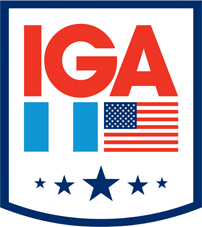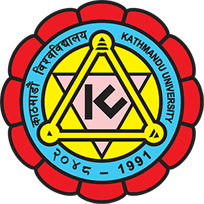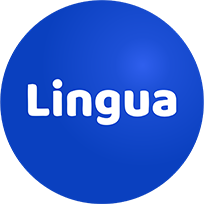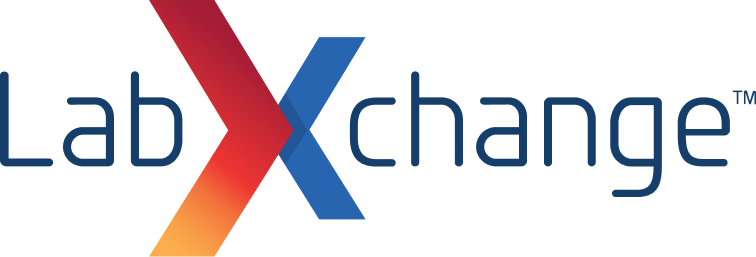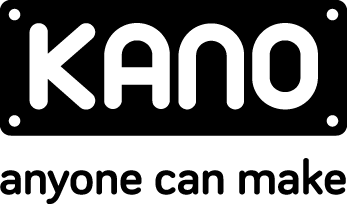

In the Toolkit,
you’ll find dozens of articles containing great advice on
About Us
World Learning is working to improve global education to ensure schools and teachers have the tools they need to support students – with our support, these emerging leaders tackle critical global issues like poverty, conflict, and inequality.
World Learning is building a better future for all people through our education, development, and exchange programs. We work with individuals, communities, and institutions to find comprehensive solutions to some of the world’s most pressing challenges, such as poverty, conflict, and inequality. Together, we have made a difference in more than 150 countries – and counting.
World Learning is a nonprofit organization advancing leadership in more than 75 countries through education, exchange, and development programs.
We are committed to advancing STEAM education around the world, with three independent STEAM centers and many more related programs around the world.
OUR SPONSOR

Cisco was founded in 1984 by a small group of computer scientists from Stanford University. Since the company’s inception, Cisco engineers have been leaders in the development of Internet Protocol (IP)-based networking technologies. Today, with more than 71,000 employees worldwide, this tradition of innovation continues with industry-leading products and solutions in the company’s core development areas of routing and switching, as well as in advanced technologies such as home networking, IP telephony, optical networking, security, storage area networking, and wireless technology. In addition to its products, Cisco provides a broad range of service offerings, including technical support and advanced services.
CONTENT PARTNERS

In 2015 The Tech was awarded the National Medal for Museum and Library Service, the highest honor a United States museum, science center or cultural institution can achieve. We are driven by our mission: to inspire the innovator in everyone.
The Tech provided five innovative lesson plans to this Toolkit. More resources can be found at thetech.org/resources.
COMMUNITY PARTNERS
Instituto Guatemalteco Americano in Guatemala
University of Kathmandu in Nepal
Lingua Foundation for Innovative Education in Kyrgyzstan
LabXchange
LabXchange is an online community for learning, sharing, and collaboration. Labs are places of exploration and discovery for every field imaginable. In this spirit, you can discover, engage, and share what you learn on LabXchange. LabXchange curates and creates world-class digital content, delivered on a free, online platform that lets you integrate your learning and research experiences.
Kano
Sample Lesson Plan
LEGO ROBOTICS
Content Areas:
- Robot Development
- Robot Programming
- Lego Design
Objectives:
- Learn what a robot is and how it functions
- Learn about the use of robot
- Follow instructions on technology
Materials:
- 4 Kits of LEGO Mindstorms EV3
- 5 Computers
- HDMI Cable/TV or Monitor
- Whiteboard/Flipchart
- Pens
Introduction (10 minutes):
- Teacher and students introduce themselves while sitting in a circle
- Small Energizer – Counting Game:
- The students create a circle and count down from 7 to 1 while taking a certain body posture
- Every time students get to number one they change their body posture
- Teacher asks students to either write or draw the answers for the following questions on a whiteboard:
- What do you know about robotics?
- What would you like to learn about robotics?
- Watch a video about Lego Robotics
Main Activity (100 minutes):
Guided Practice
- Students get divided into small groups (2 to 4 children)
- Optimally each group includes an experienced student
- Students receive computers and follow instructions
- The following steps are presented on the monitor:
- Open Mindstorms
- Open LDD on MS EV3
- Choose a robot tutorial (tracker)
- The children receive different objects, which can be found in the virtual world (they can feel the object in their hand and at the same time try to find the objects in the virtual world)
- Activities like searching, dragging, combining, and deleting pieces are demonstrated
- Teacher navigates as a facilitator and key expert
- A new activity will be illustrated as soon as students are finished with the first task
Free Activity
- Motors and sensors are presented by the teacher
- What do you think these pieces are?
- Each group chooses one out of five basic robots that Mindstorms EV3 offers and starts building them
- Once they finish the task, students get the opportunity to decide between building or programming (new groups can be created)
- Building: Students brainstorm for ideas and design their robot in a second step
- Example: mini fan with 4 wings and a touch sensor
- Programming: Teacher helps adjust robot’s programming for new features
- Building: Students brainstorm for ideas and design their robot in a second step
Closing (10 minutes):
Students reflect on their learning by writing or drawing on a flipchart or board.
Download the Toolkit
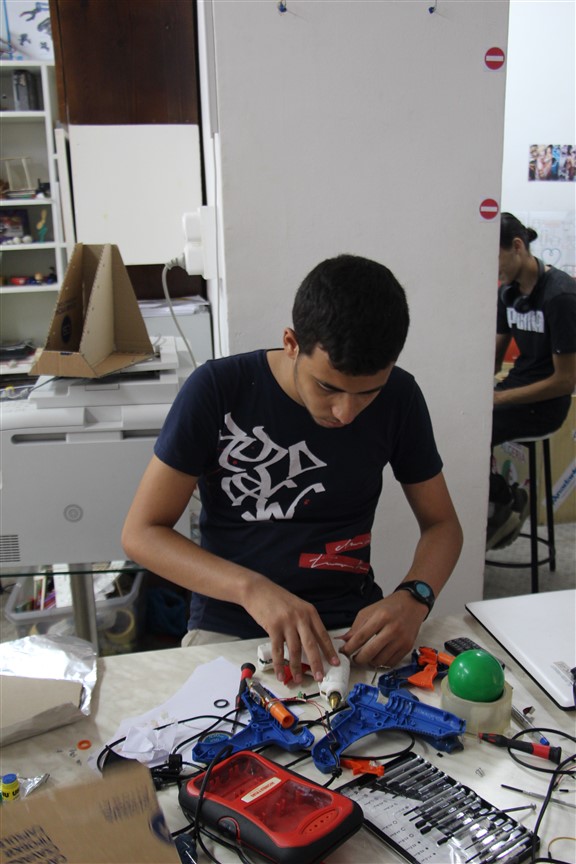
We will only ever send you information relevant to the Global STEM Toolkit and will never sell or provide your information the any third parties. You can unsubscribe from any communication at any time in accordance with our Privacy Policy. If you choose to receive further correspondence, your information will be used to communicate with you about any important changes or updates to the Global STEM Toolkit, and for a follow-up Toolkit Use Survey.
The Global STEM Toolkit is committed to increasing access to high quality and contextualized STEM education programs and materials. If you have any questions, concerns, or issues using the Toolkit, please contact us at [email protected].
The World Learning Inc. family includes the global development and exchange nonprofit World Learning; The Experiment in International Living, the nation's most experienced provider of international education through exchanges for high school students; and School for International Training (SIT), offering accredited undergraduate study abroad programs through SIT Study Abroad and internationally focused master's degrees through SIT Graduate Institute.


